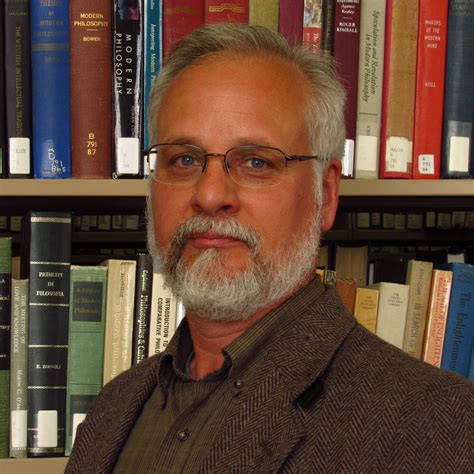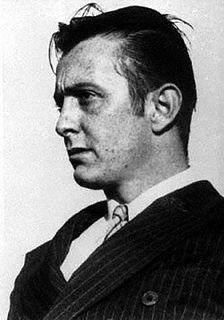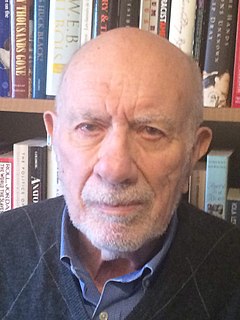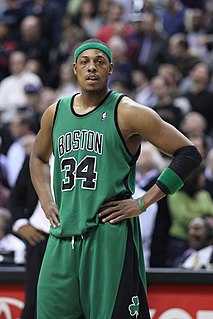A Quote by Shaquille O'Neal
Nietzsche was so intelligent and advanced. And that's how I am. I'm the black, basketball-playing Nietzsche.
Quote Topics
Related Quotes
I rather shared Nietzsche's conception of the kind of individual that an ideal education should be cultivating. 'Authenticity' is not Nietzsche's term, but as used by some existentialists, it nicely captures what Nietzsche admired - the resolve of an individual person to forge his or her own 'table of values', to be emancipated from strait-jacketing conventions, traditions, and ideologies. As embodied in the 'Overman', authenticity is the antidote to 'bad' nihilism.
The trouble with being a secular humanist is that we don't have a congregation. We don't meet so it's a very flimsy tribe, but there's a wonderful quotation from Nietzsche. Nietzsche said, Only a person of deep faith can afford the luxury of skepticism. Something perfectly is going on. I do not doubt it, but the explanations I hear do not satisfy me.
where Nietzsche's response to the equation of socialism and morality was to question the value of morality, at least as it had been customarily understood, economists like Mises and Hayek pursued a different path, one Nietzsche would never have dared to take: they made the market the very expression of morality.
[Nietzsche's] definition of cruelty informs Artaud's own, declaring that all art embodies and intensifies the underlying brutalities of life to recreate the thrill of experience ... Although Artaud did not formally cite Nietzsche, [their writing] contains a familiar persuasive authority, a similar exuberant phraseology, and motifs in extremis.
In the helter-skelter of this book, I didn't develop my views as theory. In fact, I even believe that efforts of that kind are tainted with ponderousness. Nietzsche wrote "with his blood," and criticizing, or, better, experiencing him means pouring out one's lifeblood. It was only with my life that I wrote the Nietzsche book that I had planned.
Like Nietzsche, Heidegger also gave up on the prospect that schools and universities would nurture the kind of reflective openness to the way of things that, certainly by the 1940s, he identified with authentic thinking. The authentic person is not the Promethean, iron-willed figure that pops up in Nietzsche, but someone more like the Daoist sages whom Heidegger admired.
Both Marx and Nietzsche understood that moral outrage is the last resort of the powerless. That is why Marx refused to issue moral condemnations of capitalism, preferring instead to lay out, calmly and ruthlessly, his reasons for believing that it is destined to be replaced by socialism. And that is why Nietzsche mocks Christianity for portraying its crucified Saviour as bait wriggling on a hook to catch unsuspecting souls.




































